T. Colin Campbell, Ph.D.–Understanding Nutrition
In this article, T. Colin Campbell, Ph.D., Jacob Gould Schurman Professor Emeritus of Nutritional Biochemistry at Cornell University and author of The China Study, shares his thoughts on why it is important to understand the basics of nutrition.
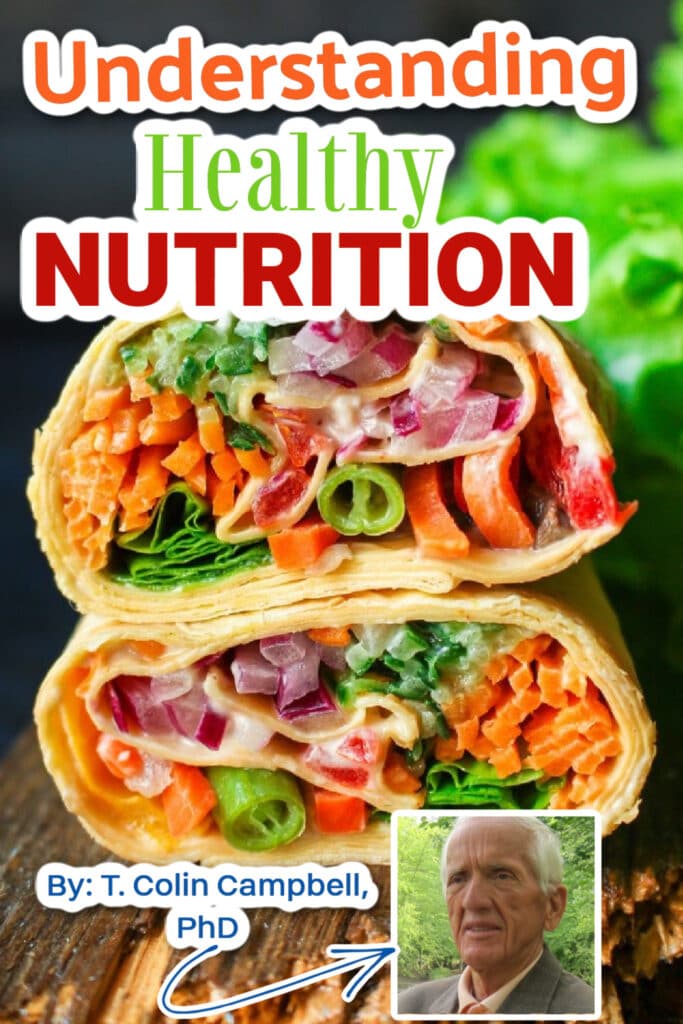
Nutrition as a whole
Nutrition represents the combined activities of countless food substances. The whole is greater than the sum of its parts. To illustrate this principle, we need only take you through the biochemical perspective of a meal. Let’s say you prepare sautéed spinach with ginger and whole-grain ravioli stuffed with butternut squash and spices, topped with a walnut tomato sauce.
Nutrients in spinach
The spinach alone is a cornucopia of various chemical components. The chart below is only a partial list of what you might find in your mouth after a bite of spinach.
| MACRONUTRIENTS | MINERALS | VITAMINS | FATTY ACIDS | AMINO ACIDS |
|---|---|---|---|---|
| Water | Calcium | C (Ascorbic Acid) | 14:0 (Myristic acid) | Tryptophan |
| Calories | Iron | B-1 (Thiamin) | 16:0 (Palmitic acid) | Threonine |
| Protein (many kinds) | Magnesium | B-2 (Riboflavin) | 18:0 (Stearic acid) | Isoleucine |
| Fat (many kinds) | Phosphorus | B-3 (Niacin) | 16:1 (Palmitoleic acid) | Leucine |
| Carbohydrate | Potassium | Pantothenic acid | 18:1 (Pyridoxine) | Lysine |
| Fiber | Sodium | B6 (Pyridoxine) | 20:1 (Eicosenoic acid) | Methionine |
| Zinc | Folate | 18:2 (Linoleic acid) | Cystine | |
| Copper | A (as carotenoids) | 18:3 (Linoleic acid) | Phenylalanine | |
| Manganese | E (tocopherols) | Tyrosine | ||
| Selenium | Valine | |||
| Arginine | ||||
| Histidine | ||||
| Alanine | ||||
| Aspartic acid | ||||
| Glutamic acid | ||||
| Glycine | ||||
| Proline | ||||
| Serine |
As you can see, you’ve just introduced a bundle of nutrients into your body. In addition to this extremely complex mix, when you take a bite of that ravioli with its tomato sauce and squash filling, you get thousands and thousands of additional chemicals, all connected in different ways in each different food–truly a biochemical bonanza.
Digestion process
As soon as this food hits your saliva, your body begins working its magic, and the process of digestion starts. Each of these food chemicals interacts with the other food chemicals and your body’s chemicals in very specific ways.
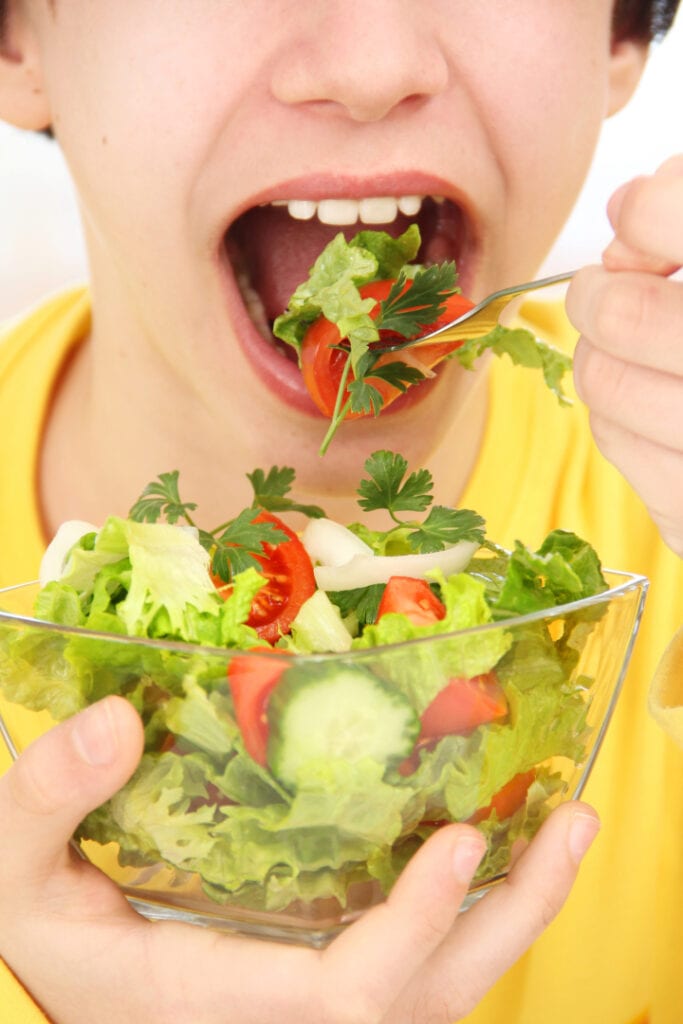
It is an infinitely complex process, and it is literally impossible to understand precisely how each chemical interacts with every other chemical. We will never discover exactly how it all fits together.
Chemical reactions of foods
The main message we’re trying to get across is this: the chemicals we get from the foods we eat are engaged in a series of reactions that work in concert to produce good health.
These chemicals are carefully orchestrated by intricate controls within our cells and all through our bodies, and these controls decide what nutrient goes where, how much of each nutrient is needed, and when each reaction takes place. This is nature at work.
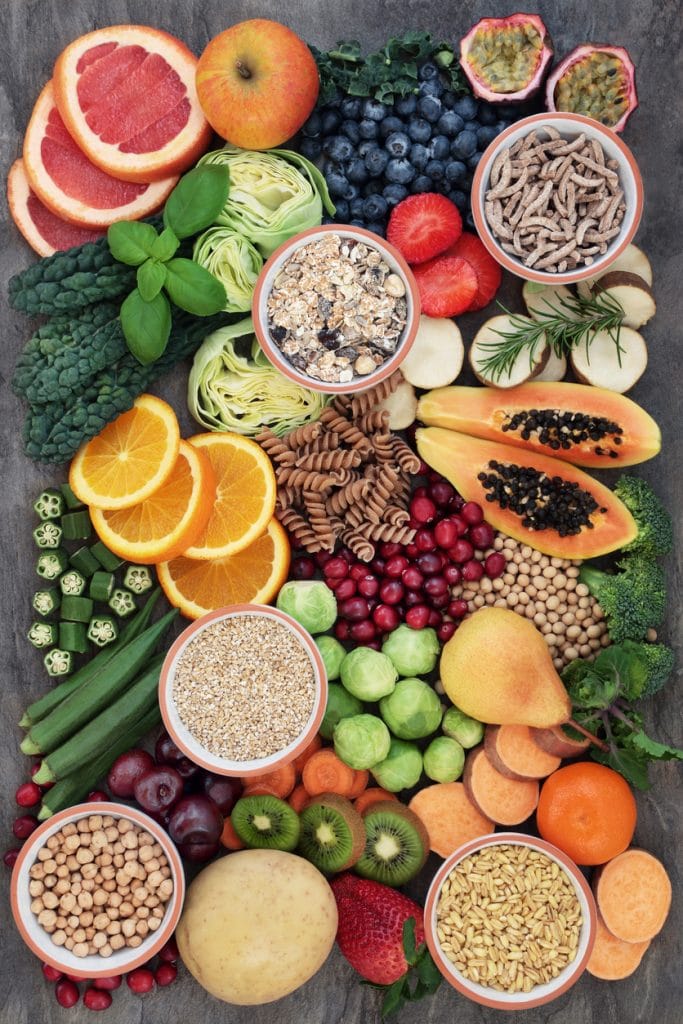
What good nutrition means
Our bodies have evolved with this infinitely complex network of reactions in order to derive maximal benefit from whole foods, as they appear in nature. The misguided may trumpet the virtues of one specific nutrient or chemical, but this thinking is too simplistic.
Our bodies have learned how to benefit from the chemicals in food as they are packaged together, discarding some and using others as they see fit. We cannot stress this enough, as it is the foundation of understanding what good nutrition means.
This article is an excerpt from The China Study by guest author, Dr. T. Colin Campbell, Ph.D.
Another informative article by Dr. T. Colin Campbell, Ph.D., is The Healthiest Foods to Eat.
About the author

T. Colin Campbell, Ph.D. has been dedicated to the science of human health for more than 65 years. His primary focus is on the association between diet and disease, particularly cancer. Although largely known for the China Study–one of the most comprehensive studies of health and nutrition ever conducted and recognized by The New York Times as the “Grand Prix of epidemiology”–Dr. Campbell’s profound impact also includes extensive involvement in education, public policy, and laboratory research.
Dr. Campbell grew up on a dairy farm and was the first in his family to go to college, where he studied pre-veterinary medicine at Pennsylvania State University. After obtaining his bachelor’s degree, and while completing his first year at the University of Georgia veterinary school, he received a telegram from a well-known professor at Cornell University, offering a scholarship and research opportunity too good to turn down. And so he completed his education at Cornell University (M.S., Ph.D.) and MIT (Research Associate) in nutrition, biochemistry, and toxicology. He then spent 10 years on the faculty of Virginia Tech’s Department of Biochemistry and Nutrition before returning to Cornell in 1975 where he presently holds his Endowed Chair as the Jacob Gould Schurman Professor Emeritus of Nutritional Biochemistry in the Division of Nutritional Sciences.
Dr. Campbell’s research experience includes both laboratory experiments and large-scale human studies. He has received over 70 grant-years of peer-reviewed research funding (mostly with NIH), served on grant review panels of multiple funding agencies, actively participated in the development of national and international nutrition policy, and authored over 350 research papers, most published in peer-reviewed scientific journals. Throughout his career, he has confronted a great deal of confusion surrounding nutrition and its effects. It is precisely this confusion that he has focused so much on, in recent years.
In order to synthesize the findings of his long and rewarding career, and to give back to the public whose lives are threatened by rampant misinformation and special interests, Dr. Campbell co-wrote The China Study: Startling Implications for Diet, Weight Loss and Long-term Health (2005, 2016), which has sold more than 3 million copies worldwide and has been translated into 50 foreign languages. He is also the author of The New York Times bestseller Whole (2013), The Low Carb Fraud (2013), and The Future of Nutrition. Several documentary films feature Dr. Campbell and his research, including Forks Over Knives, Eating You Alive, Food Matters, and PlantPure Nation. He continues to share evidence-based information on health and nutrition whenever given the opportunity. He has delivered hundreds of lectures around the world and he is the founder of the T. Colin Campbell Center for Nutrition Studies and the online Plant-Based Nutrition Certificate in partnership with eCornell.


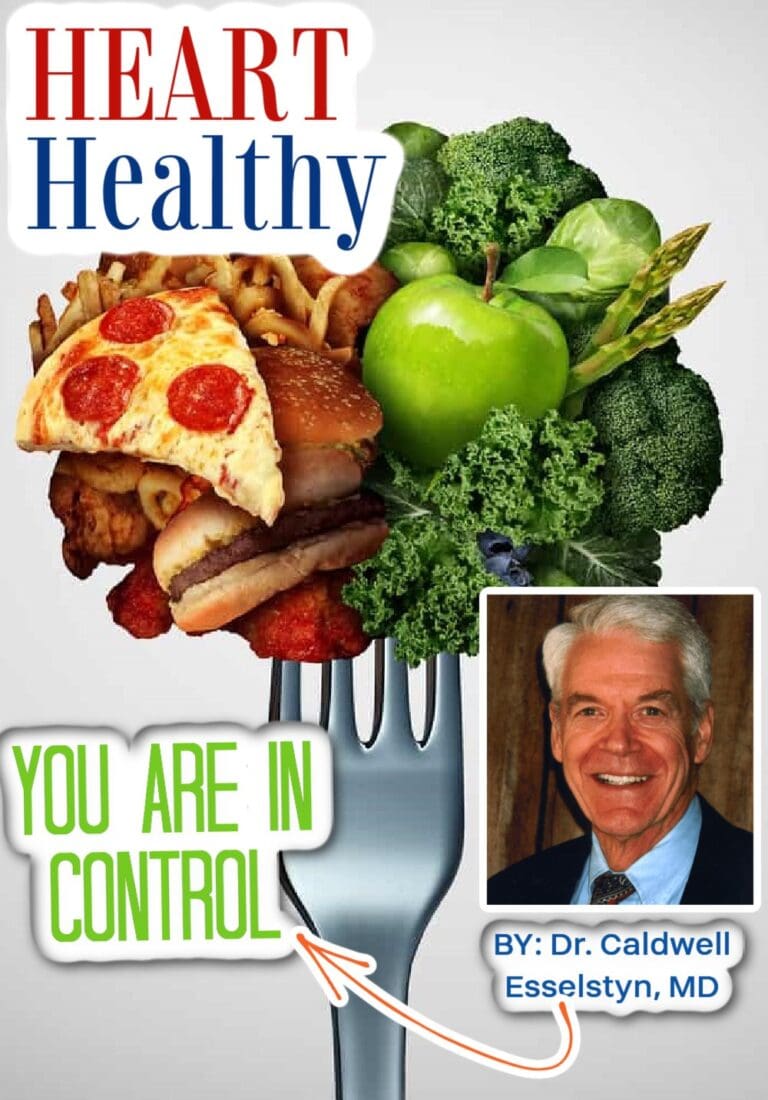

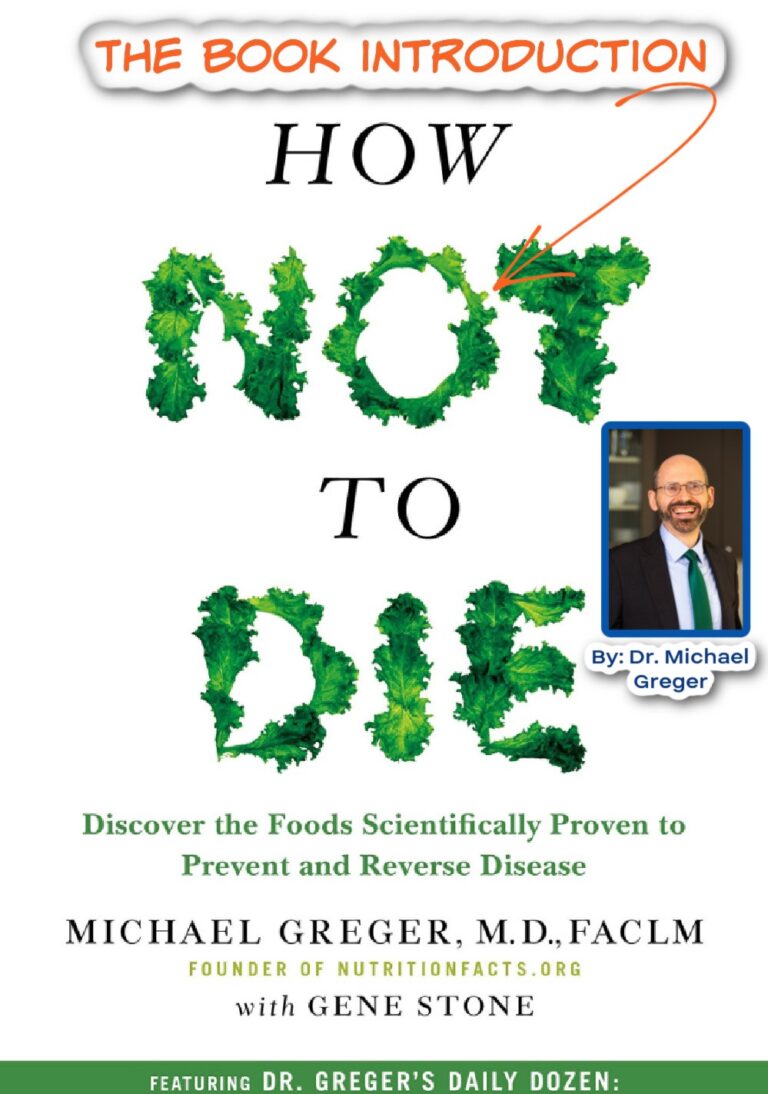
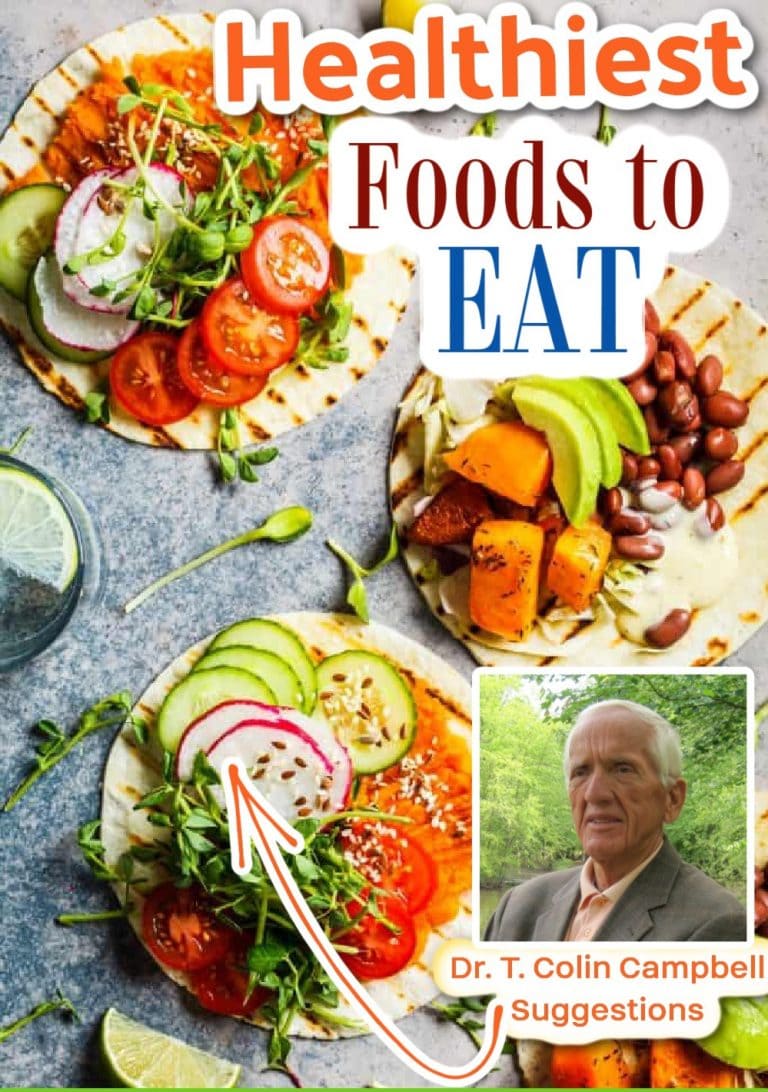
Great article! Thanks.